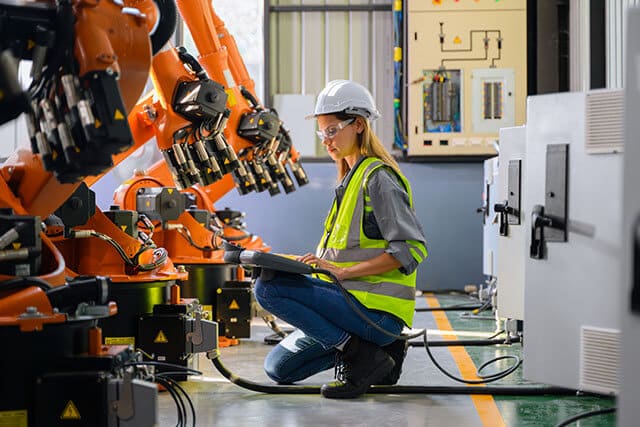



Manufacturing in Mexico has emerged as a pivotal component of the country’s economy, driven by a combination of strategic location, cost-effective labor, and trade agreements. Over the past few decades, Mexico has transformed itself into a global manufacturing hub, attracting foreign investment from a myriad of industries, including automotive, electronics, and aerospace. This shift has not only bolstered the national economy but has also created millions of jobs, making it an essential part of the labor market and regional development.
As companies seek alternatives to manufacturing in Asia, Mexico’s proximity to the United States and its established supply chains have made it an attractive option. The nation boasts a wealth of skilled labor and a growing infrastructure, supported by free trade agreements such as the United States-Mexico-Canada Agreement (USMCA). However, this rapid growth comes with challenges, including navigating regulatory frameworks, maintaining quality standards, and addressing social and environmental concerns. As the landscape of global manufacturing evolves, Mexico is poised to play a critical role in the future of production and supply chain strategies for businesses worldwide.
The strategic advantages of manufacturing in Mexico are increasingly recognized on the global stage. The country’s geographical proximity to the United States facilitates shorter shipping times and reduced logistics costs, allowing companies to respond quickly to market demands. Additionally, the competitive labor costs and a workforce that is rapidly gaining skills through modern training programs make Mexico an appealing choice for companies looking to optimize their production processes. With foreign investments flowing into various sectors, including Manufacturing in Mexico, the nation continues to enhance its technological capabilities and infrastructure development to accommodate growing industrial needs.

Despite its many benefits, Mexico’s manufacturing sector faces several challenges that must be addressed to maintain its growth trajectory. Companies must navigate a complex regulatory landscape, which can vary significantly between states and industries. Furthermore, maintaining high-quality standards while scaling production can be daunting, especially in industries like automotive and electronics where precision is paramount. Social and environmental concerns also require that manufacturers adopt sustainable practices to ensure compliance and social license. As these challenges are met with innovative solutions, Mexico’s role in the global manufacturing landscape will undoubtedly continue to evolve, ensuring its place as a key player in future supply chain strategies.
In conclusion, the future of manufacturing in Mexico appears promising, bolstered by its strategic advantages and ongoing investments in infrastructure and workforce development. As businesses increasingly seek to optimize supply chains and reduce dependence on distant markets, Mexico’s capacity to offer a skilled labor force and favorable logistical conditions stands out. However, addressing the challenges of regulatory complexity, quality control, and sustainability will be crucial for the nation to sustain its competitive edge. By embracing technology and innovation, Mexico is not just adapting to changes in the global manufacturing landscape; it is positioning itself as a leader in producing quality goods while fostering economic growth and social progress. As companies worldwide pivot towards more resilient production strategies, Mexico’s manufacturing sector is set to secure its vital role in shaping the future of global industry.